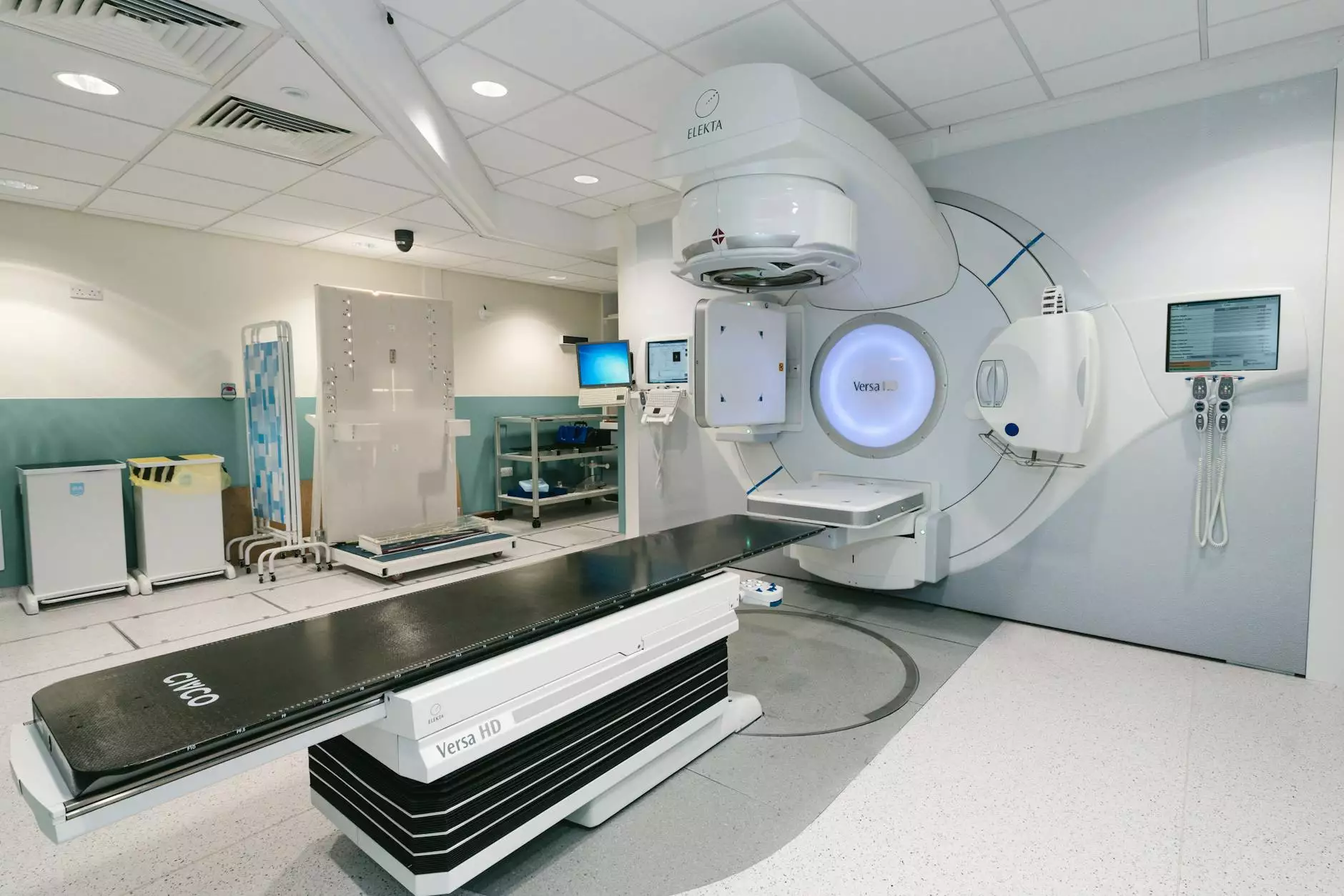The Importance of the Operating Knife in Medical Centers

Welcome to Grey Medical, where we understand the significance of providing exceptional healthcare services to our patients. One of the essential tools that doctors rely on in their practices is the operating knife. In this article, we will explore the role of the operating knife in medical centers and why it is crucial for achieving optimal patient outcomes.
Understanding the Operating Knife
The operating knife, also known as a surgical knife or scalpel, is a specialized instrument frequently used by doctors during procedures. Its primary purpose is precise incision or excision of tissues to perform surgeries, biopsies, and various medical interventions. Operating knives come in various shapes and sizes, each designed to serve specific medical requirements.
The Role of the Operating Knife
The operating knife plays a vital role in medical centers, specifically in the hands of skilled doctors. Let's explore its significance in different aspects of healthcare:
1. Precision and Accuracy
In surgical procedures, precision and accuracy are of utmost importance. The operating knife's sharp and precise blade allows doctors to make controlled incisions, ensuring minimal damage to surrounding tissues. This level of accuracy minimizes patient trauma, reduces the risk of complications, and enhances overall surgical outcomes.
2. Efficient Healing Process
The clean incisions made by the operating knife promote faster healing. The sharpness of the blade reduces tissue disruption, enabling the body's natural healing processes to occur more effectively. By minimizing trauma to surrounding tissues, doctors can aid in reducing post-operative pain and discomfort, as well as accelerating the recovery process.
3. Minimally Invasive Procedures
Advancements in medical technology have led to the development of minimally invasive procedures, providing numerous benefits to patients. The operating knife, in conjunction with specialized tools and imaging techniques, allows doctors to perform procedures with minimal incisions. This results in reduced scarring, shorter hospital stays, faster recovery, and improved patient comfort.
The Importance of Choosing the Right Operating Knife
When it comes to healthcare, selecting the appropriate tools is vital to ensure optimal patient care. In the case of operating knives, several factors should be considered to meet the specific needs of medical professionals and patients alike:
1. Quality and Sharpness
Operating knives should be made of high-quality materials to ensure durability and longevity. Sharpness retention is crucial for maintaining precise incisions throughout a procedure. At Grey Medical, we prioritize working with reputable manufacturers to provide doctors with reliable and sharp operating knives that meet the highest standards of quality.
2. Safety Features
Patient safety is paramount in any healthcare setting. It is important to choose operating knives with safety features, such as retractable blades or protective covers, to minimize the risk of accidental injuries to both patients and medical professionals. Prioritizing safety further enhances the overall patient experience during medical procedures.
3. Sterilization and Disposable Options
Infection control is a significant concern in medical centers. To mitigate this risk, operating knives should be easily sterilizable or available as disposable options. Sterilization ensures the elimination of pathogens, while disposable operating knives provide convenience and reduce the risk of cross-contamination.
Conclusion
The operating knife is an indispensable tool in medical centers, enabling doctors to perform precise procedures and improve patient outcomes. At Grey Medical, we recognize the importance of choosing high-quality operating knives that adhere to strict safety standards. By investing in the right equipment, medical professionals can enhance their ability to provide exceptional care while prioritizing patient comfort and recovery.









